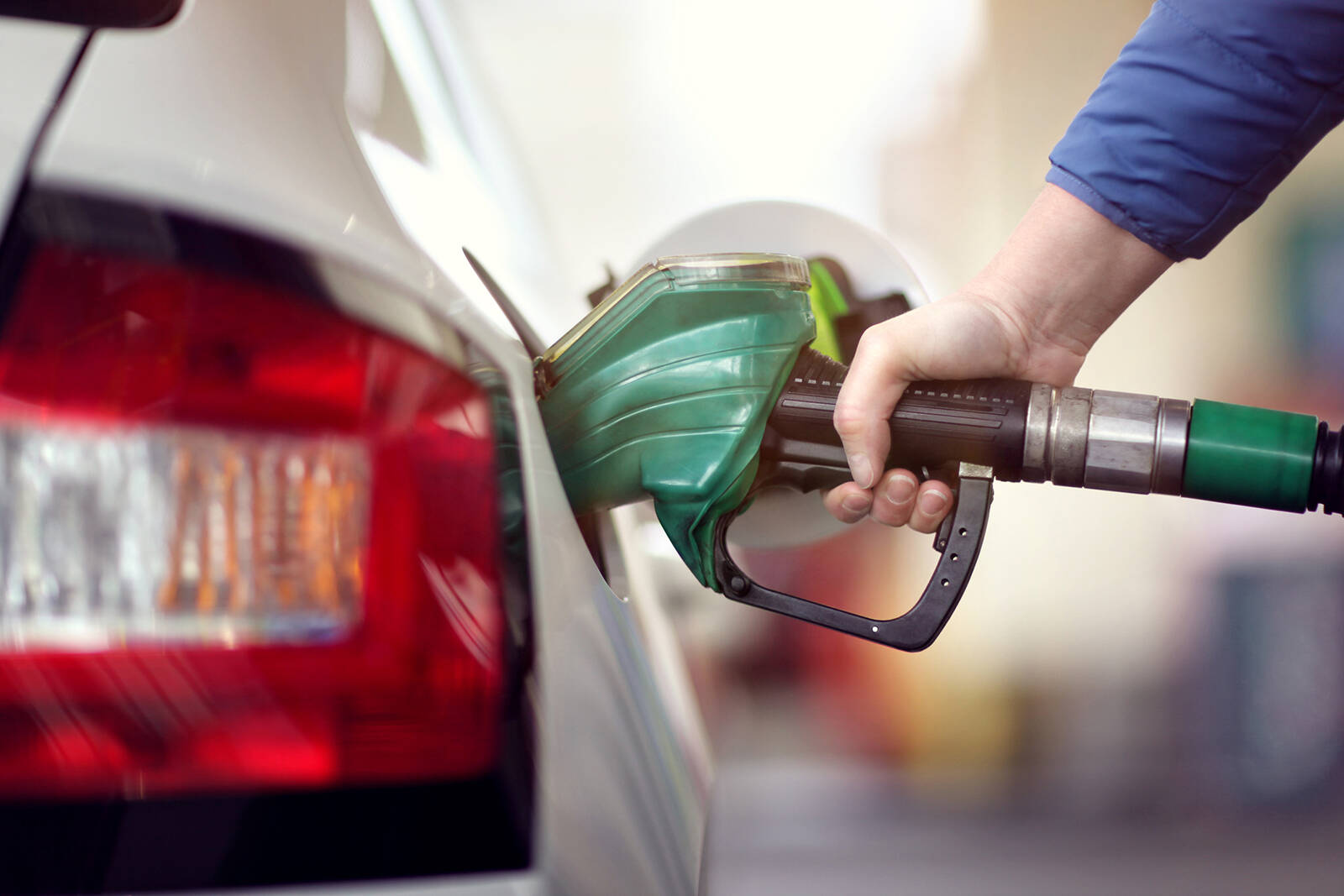The price of gasoline has topped $2 a litre in British Columbia as Canadians continue to see eye-popping numbers at the pump this week.
Gas prices across the country averaged out at $1.69 per litre as of noon Friday, up from $1.65 the day before, according to gas price information website GasBuddy.com.
On Thursday, the retail price of regular gas reached $1.94 per litre in Vancouver, $1.66 per litre in Toronto and $1.76 per litre in Montreal, according to Natural Resources Canada.
Dan McTeague, president of Canadians for Affordable Energy, says the average gas price across the country is poised to rise 23 cents in one week to nearly $1.82 per litre by Sunday, an unprecedented spike.
“It means vacations postponed. More importantly, as fuel prices cascade or filter their way through the economy, it’s likely to raise the price of everything else substantially,” McTeague said in a phone interview.
“It’s likely that we’re going to see the economy stall as a result. The inflation is off the chart … and it is the elephant in the room that no one can ignore.”
Russia’s invasion of Ukraine has pushed oil prices to levels not seen inat least eight years as tanker companies shun Russian crude and sanctions exclude some Russian banks from a global payments system, severely disrupting its exports.
Russia produces 10 per cent of the world’s oil supply.
Patrick de Haan, head of petroleum analysis for GasBuddy.com, says hefty price increases will likely continue across Canada and the United States.
“In Canada prices are already at all-time record highs. Much of Canada will continue to see prices go up another five to 15 cents a litre over the next one to two weeks. So the pain is equal, no matter where you are in the U.S. or Canada,” he told reporters on a livestream.
“Sanctions on Russia’s banking and shipping industries are essentially putting a chokehold on Russian oil exports, which have plummeted.”
The benchmark West Texas Intermediate price breached US$115 per barrel in late-afternoon trading Friday, a peak not hit since 2008. The commodity was on track for its biggest weekly gain since May 2020 following news reports that the U.S. is mulling a ban on Russian crude imports.
Werner Antweiler, a professor at the University of British Columbia’s Sauder School of business, stressed the knock-on effect of surging gas and diesel prices amid the double-whammy of higher inflation and interest rates.
“It’s getting more expensive for trains, planes, ships … and these costs are being passed on to consumers. Food items that are transported over long distances, all these imported goods tend to be more expensive,” he said in an interview.
For the long term, Antweiler suggested Canadian consumers reconsider aspects of their lifestyle and how they spend their money.
“That means driving more fuel-efficient cars and cutting back on our discretionary driving.”
Russia’s invasion, which began Feb. 24, has seen forces advance into Ukraine from three sides, converging on large cities and early Friday morning shelling a major nuclear power plant.
—Christopher Reynolds, The Canadian Press
RELATED: Gasoline prices at Canadian pumps hit highest national average ever

